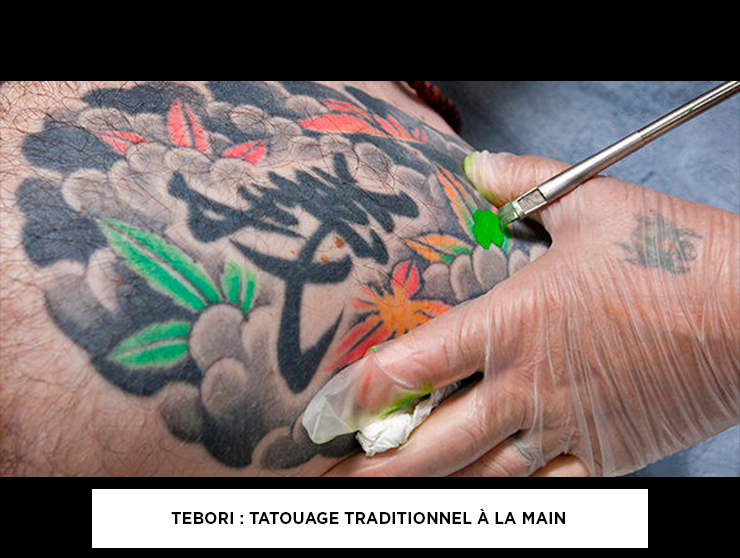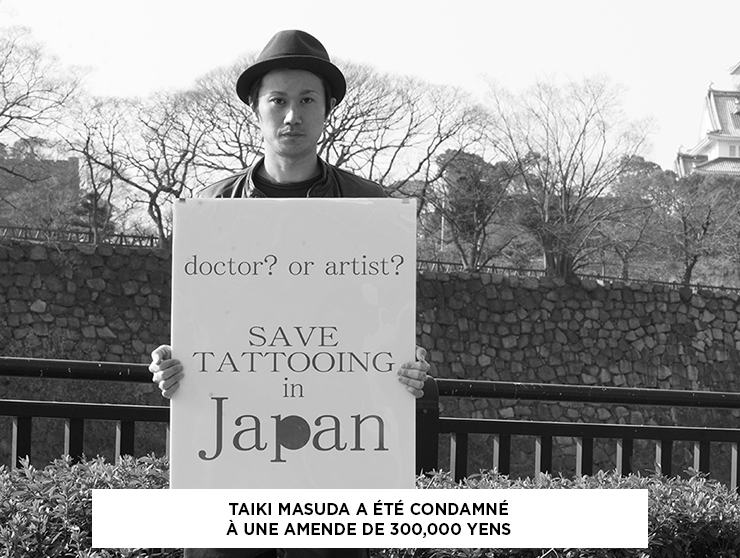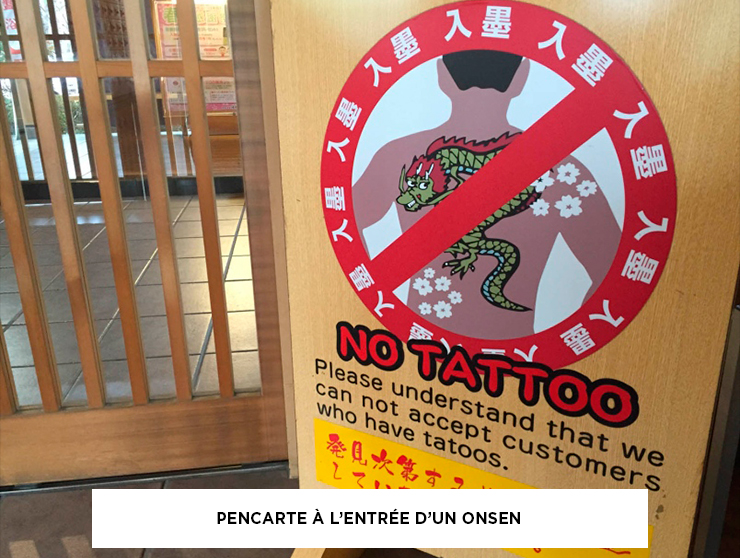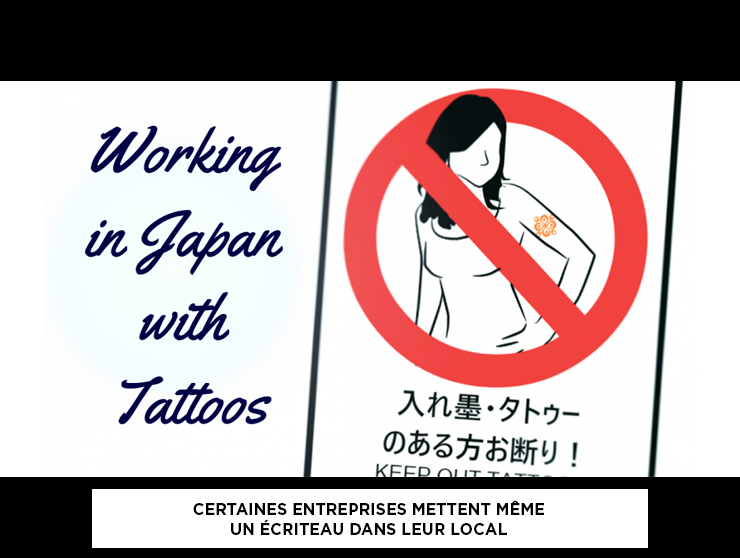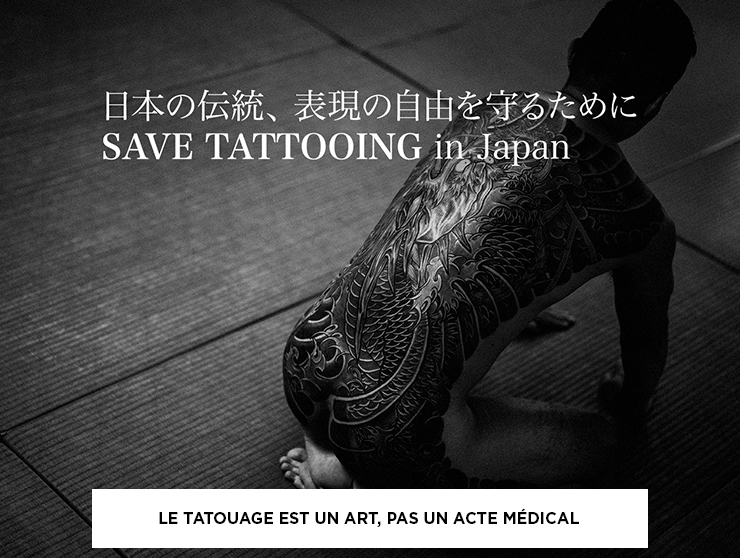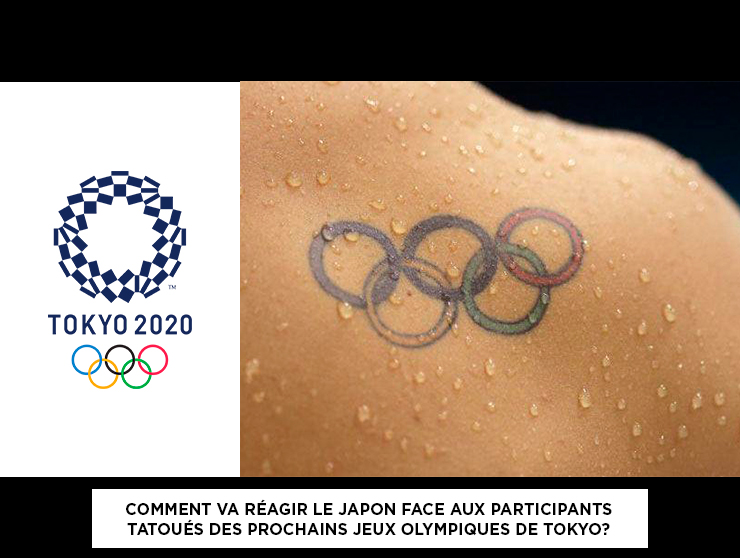Tattoo ban in Japan
As of today, Japan still holds a prohibition on tattooing. After discussing with many Japanese tattoo artists, I’ll try to explain this phenomenon as best as I can, even though it might seem ridiculous to us westerners.
We all know it wouldn’t pass here; people would invade the streets and protest against it, but in Japan, only doctors can tattoo now! In short, this means that, in order to be allowed to use needles to perforate the skin (i.e. : tattoo needles), you need to have a medical license. It might seem absurd, but it is exactly what’s going on in Japan right now. Tattoo artists are liable to very heavy fines and even imprisonment.
Everything started back in 2001 when the Health Minister classified tattooing as a medical procedure. Ever since that decision was taken, tattooing remained ambiguous for many years. The law provides a three-year sentence or a heavy fine going up to 1,000,000 yens, which is approximately 12,000$ CAD for any offend.
Indeed, in 2015, the court of Osaka condemned Taiki Masuda, a tattooist of 30 years old, to a 300,000- fine (approx. 3,600$ CAD) for violating the medical practice act, which reserve the right to tattoo to doctors only. Since then, Masuda is on a crusade against this law he qualifies of unfair and disadvantageous for the honest workers. He is the co-founder of the non-profit organization “Save Tattooing in Japan”.
Many events brought the government to implant this law. The first one is because of the non-professional permanent makeup. They had many issues with non-professional workers who failed to do the procedure correctly. Thus, the solution from the government was to only allow the health professionals to perform such procedures as permanent makeup using such needles. This also led to the ban of the use of tattoo needles.
The second reason for this law is to make tattoos inaccessible to young people. Indeed, unlike the rest of the world where they are gaining more and more popularity, tattoos in Japan are decreasing in popularity and begins to be discriminated all over again. The government tries to limit its progression in Japan, so it’s still associated to Yazukas. Thus, tattoos are more a symbol of failure than an artistic expression.
Even if tattooists are fighting for their rights and for their jobs to be recognized as art, the government stays still about its position and their claims. Ever since the law was implanted, more than half the tattoo studios closed and many tattoo artists are leaving Japan in order to work.
The Tattoo Ban doesn’t only affect needles; many studios even had to take off their signs written “TATTOO” on it. Renting a room for tattooing is nearly impossible unless you have contacts. Certain tattoo artists open up a second company to justify their incomes and to not get caught by the taxes. Of course, it is hard for tattooists to import needles and other tattooing goods. Some of them even turned to doing their needles by hand, by themselves.
Finally, this law had for effect to ease a certain discrimination towards people who have tattoos. In Japan, it is fairly prevalent to have a medical check-up to work in a big company. If the doctor sees a tattoo, it is possible you won’t get that job, or even lose your actual job.
The children of tattooed people may be denied access to good schools. The spouses of many of my friends wear bandages to cover the tattoos on their fingers every time they pick up their kids from school.
This is how, in 2017, the King of Tattoo tattoo convention was canceled by its organizers. Because of the pressure made by the government, the organizers were afraid of reprisals as well as tattooists cancelling their presence to the event. They ended up doing the convention in a more discreet place in November of 2017.
As of today, I have the pleasure to announce that Taiki Masuda has been discharged on November 14th 2018 after a long, three-year trial. He was not found guilty and wants to continue working with the government and the tattoo artists in order to find a compromise. The government never revised the law, tattoo studios are still shutting down and the mentality about tattoos is still very conservative. There is still a lot of work to be done in order for tattoos to be seen as a form of art.
I hope this phenomenon will be resolved, and I hope the country of Japan will finally realize that tattoos are a form of art before there is no more Japanese tattoo artists. It is certain that many articles and reporters will be interested in the subject during the Olympics games of Tokyo in 2020. What are they going to do with tattooed visitors and participants in the Olympics games?
For more information, visit the Save Tattooing in Japan website :
http://savetattooing.org
